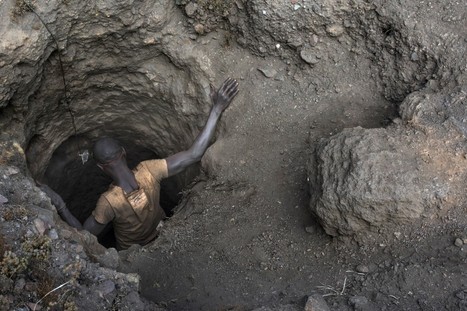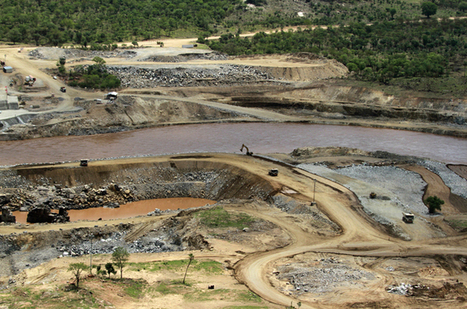Workers, including children, labor in harsh and dangerous conditions to meet the world’s soaring demand for cobalt, a mineral essential to powering electric vehicles, laptops, and smartphones, according to an investigation by The Washington Post.
Via GTANSW & ACT



 Your new post is loading...
Your new post is loading...
















